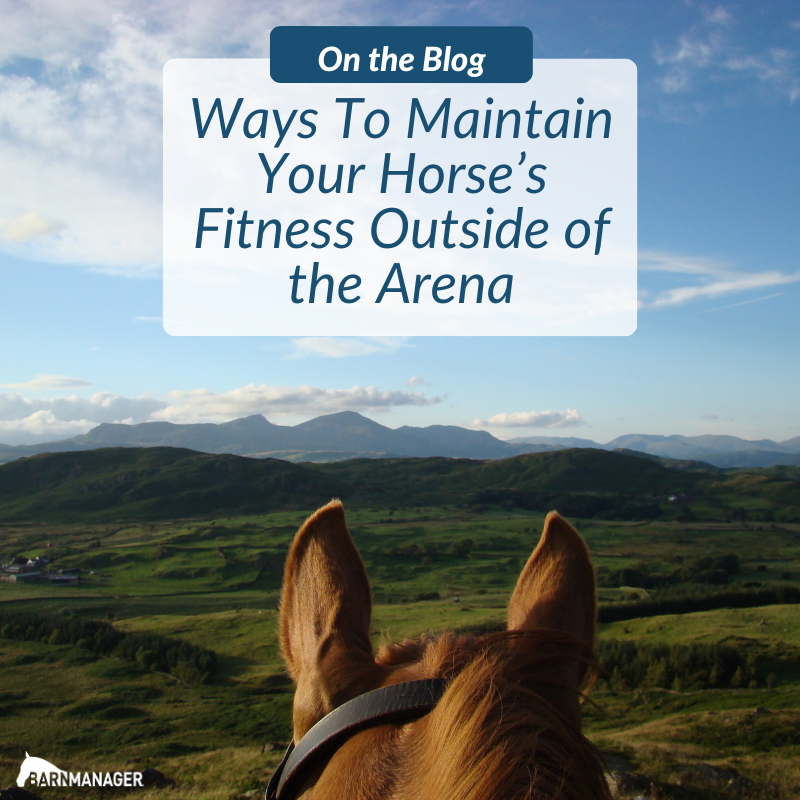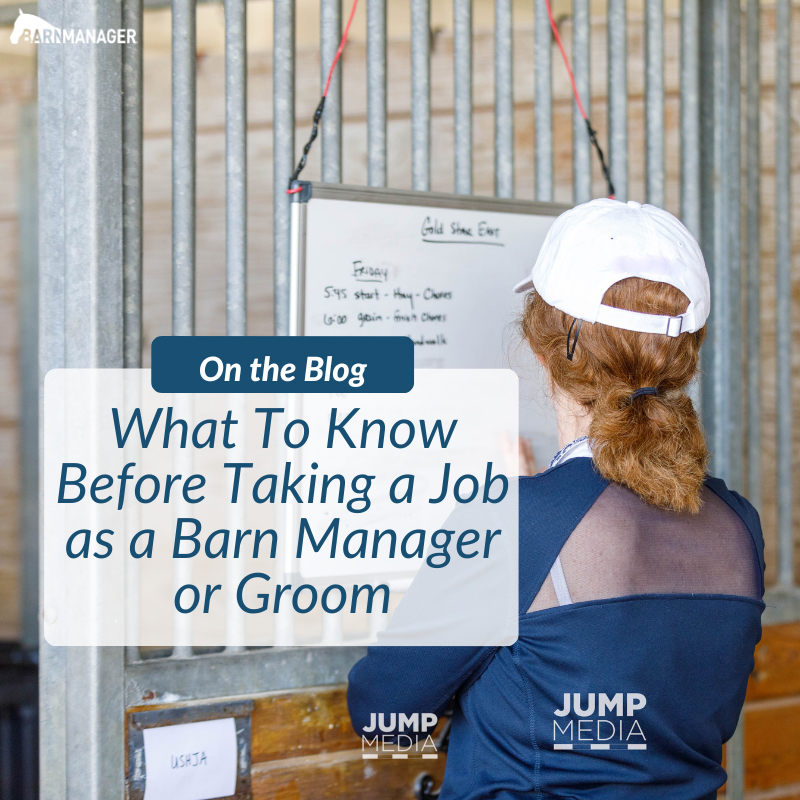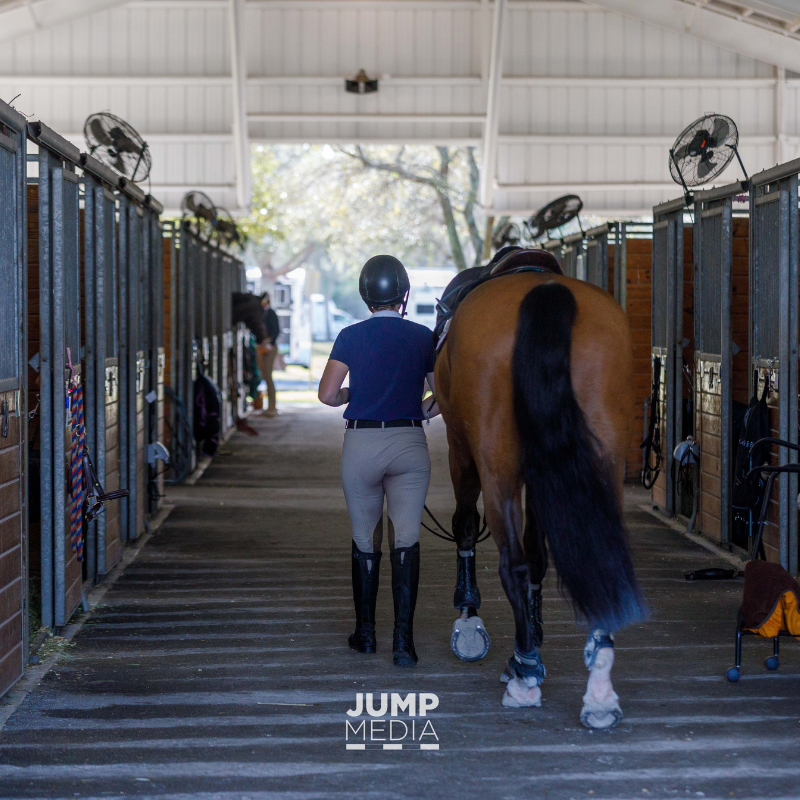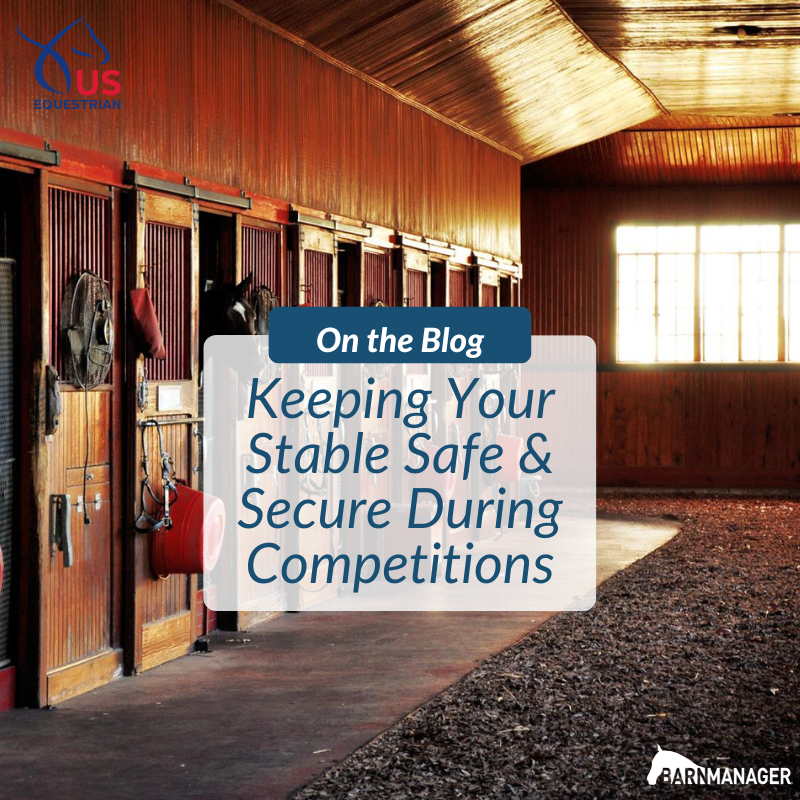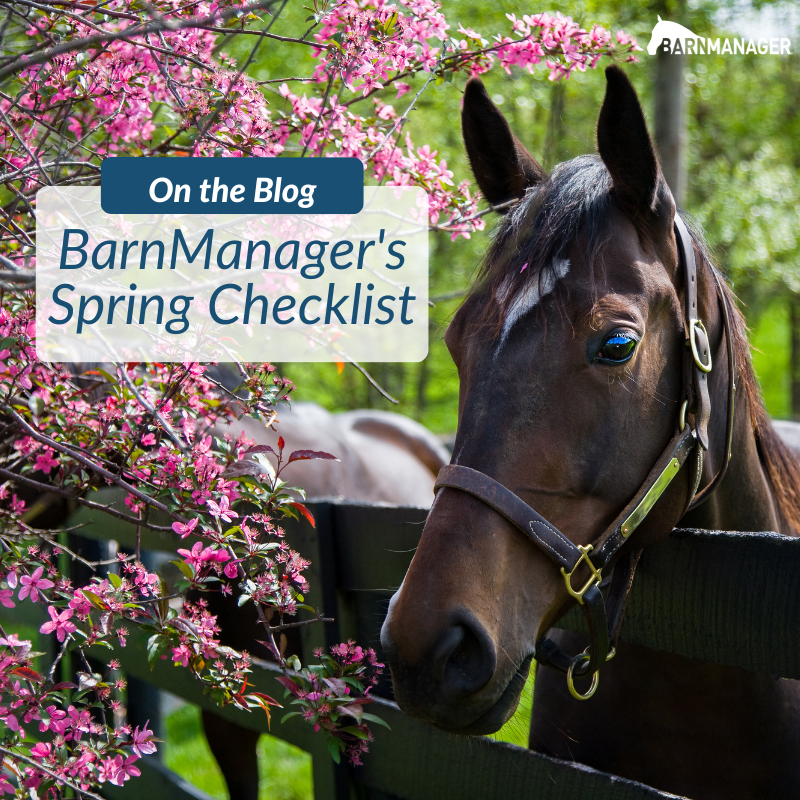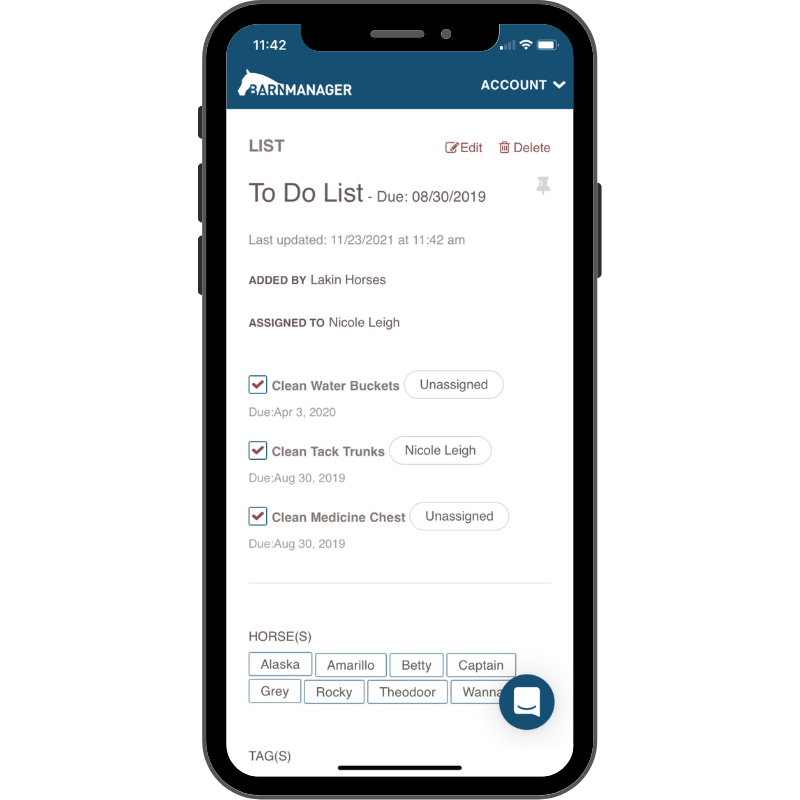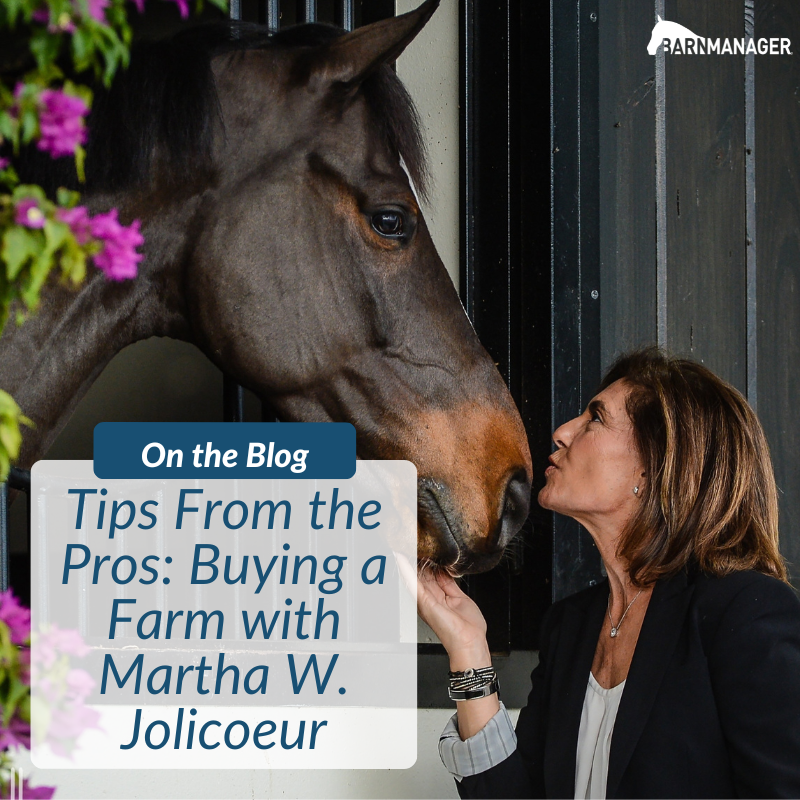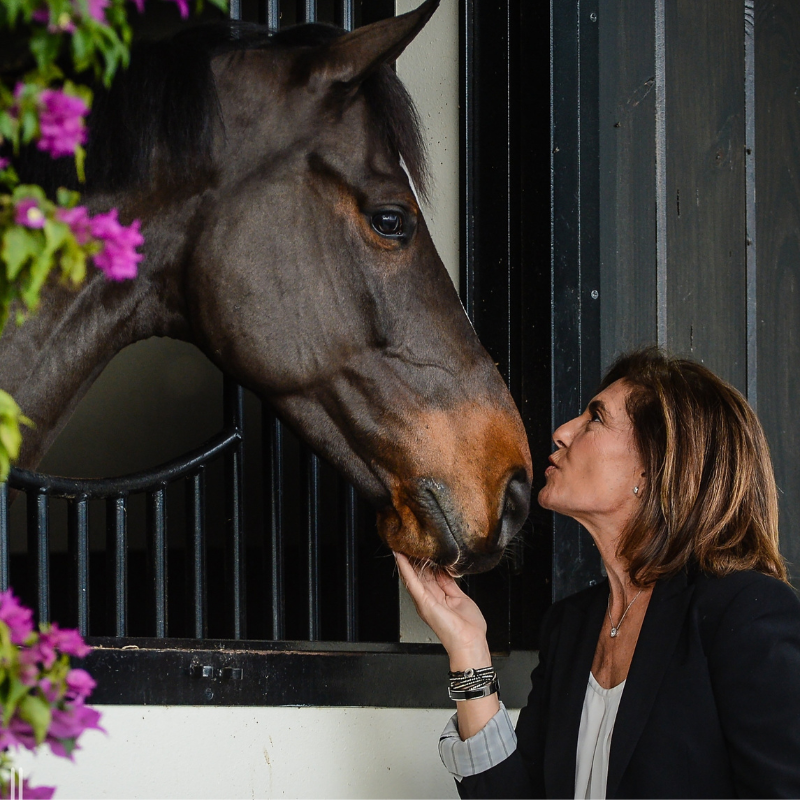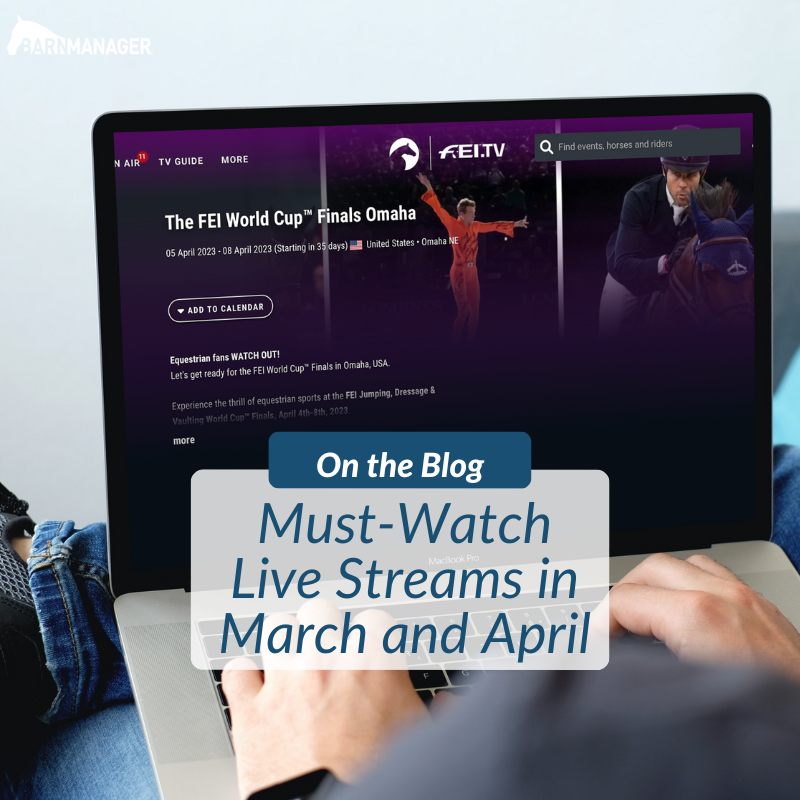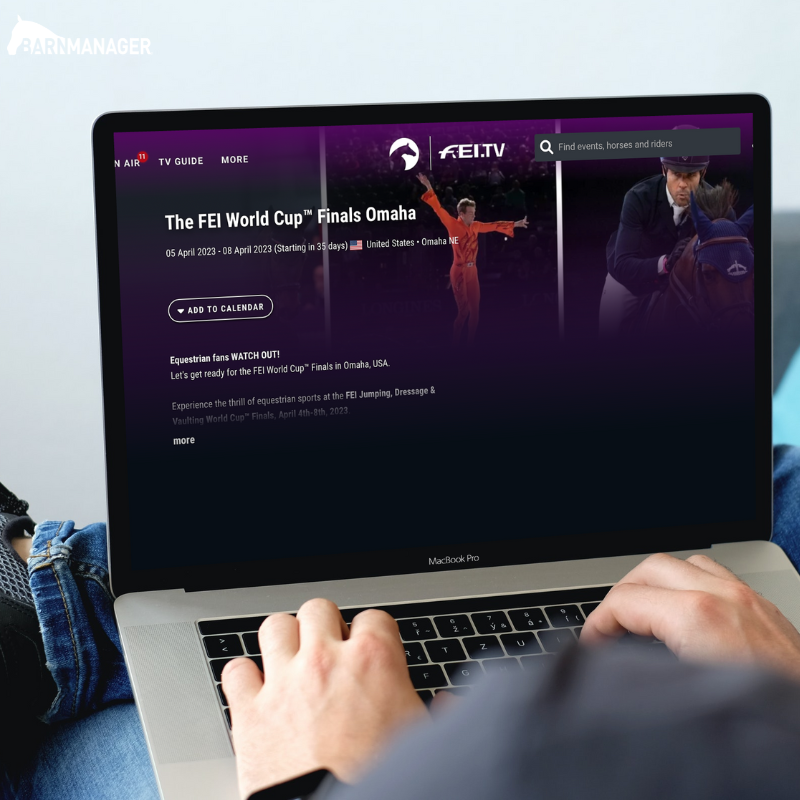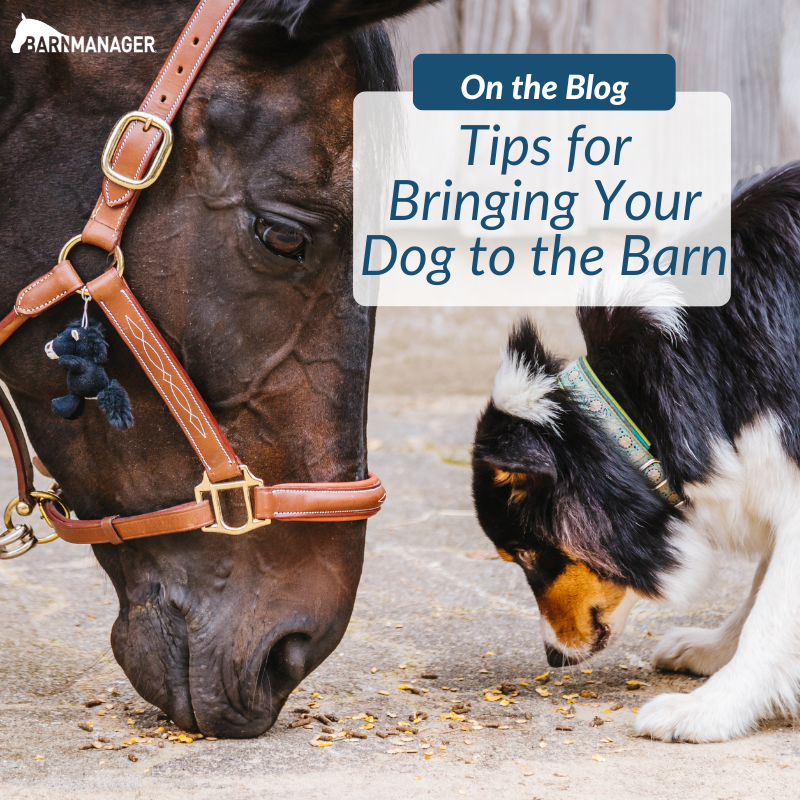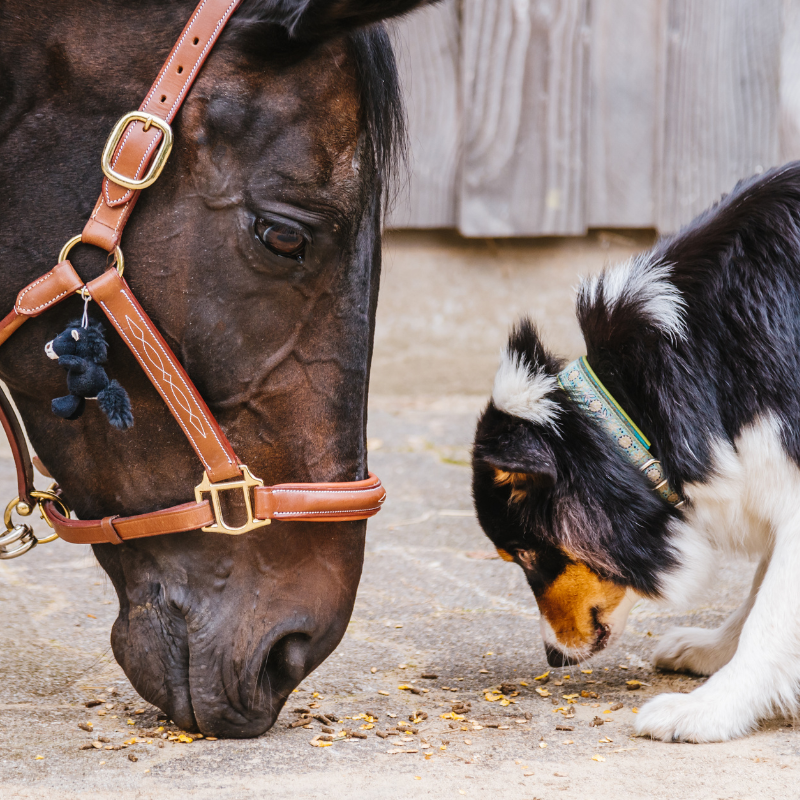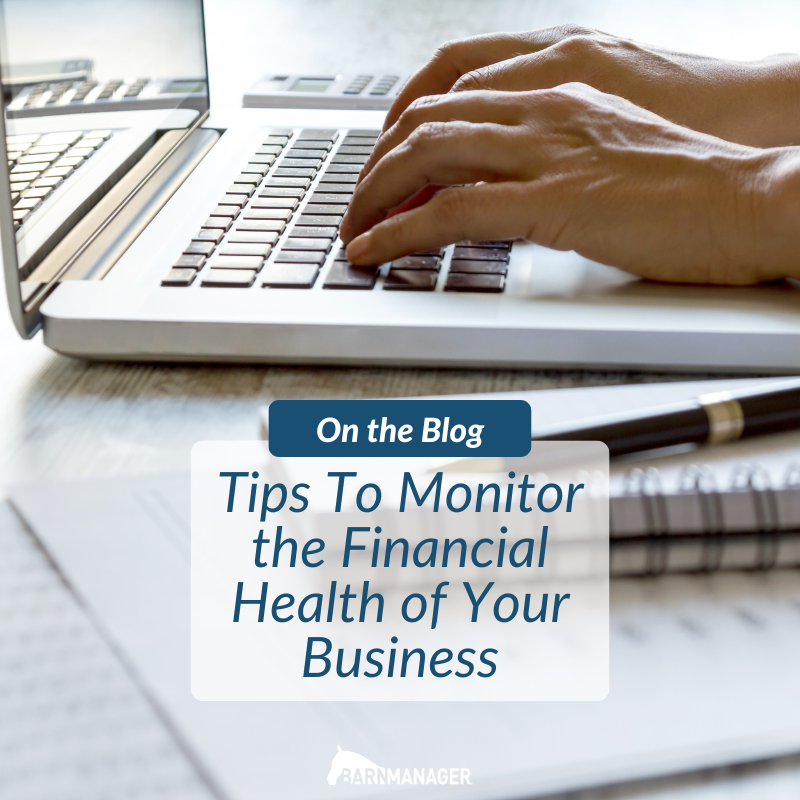Although riding your horse in the arena is a great way to maintain fitness and practice for the show ring it can become redundant. Some horses become ring sour from constantly doing the same work in one location day in and day out. Continue reading for BarnManager’s favorite activities for keeping horses fit outside of the arena.
Hill Work
If you live in an area with hills, taking your horse up and down the inclines is a great way to not only maintain but also improve your horse’s fitness. Depending on the how steep the hills are, you can walk, trot, or even canter your horse in both directions. Hill work can be tough for horses, like it is for humans, so make sure to start slowly. Remember to pay attention to the ground itself, which could be slippery after rain, especially on grass. Adding hill work to your routine a couple times a week will give your horse a mental break from the arena while also exercising different muscles to stay fit.
Trail Riding
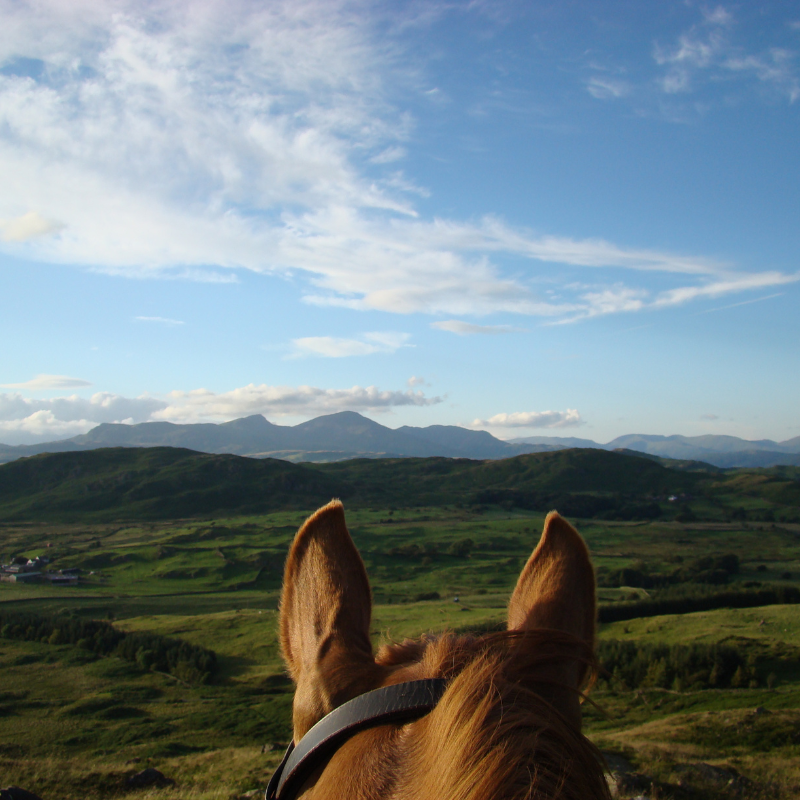
Trail riding is a wonderful change of scenery for horses and riders that need a break from the ring. It is also a fun activity to do with your friends. Trail rides can include navigating inclines, stepping over logs, and walking across streams, all of which are great experiences for your horse. Even if you stay at a walk riding out on trails can help maintain your horse’s fitness and improve their stamina, while also giving them the mental exercise of exploring new environments.
Field Work
If your farm has a field that gets checked for holes and rocks making it safe to ride in, exercising your horse out in the open space can be a great way to vary their work routine. Even if you do exercises that are similar to those you would do in the arena, they are more challenging because you are in a new setting and on a different type of footing. After you and your horse gain confidence, galloping in an open field is a truly memorable experience.
Treadmill
Although not all farms have a treadmill, they are a great way to keep your horse fit without riding. They are also a useful tool when turnout is not an option due to inclement weather conditions. Treadmills allow you to control both the speed and incline for your horse, so they are an easy way to add light hill work into their routine. Some barns even have water treadmills, which provide the added benefit of low-impact and high-resistance training.
Walker
Similar to a treadmill, walkers are a good way to maintain your horse’s fitness in between riding sessions. Although they do not have an incline option, you can adjust the speed in order to fine tune your horse’s workout. Like a treadmill, using a walker is another safe way to get your horse out of its stall when turnout is not an option.
Like all athletes, sport horses need to be fit and ready to compete, both physically and mentally. Although it is still important to ride and practice in an arena, consider mixing up your horse’s exercise routine with different ways to keep them in top condition.
Have questions about utilizing BarnManager or want to give it a try for yourself? Request a live demo here!
